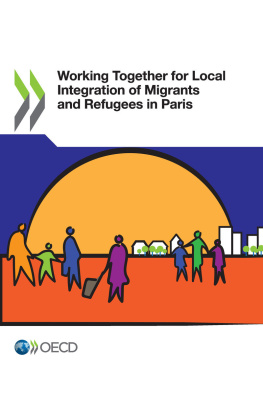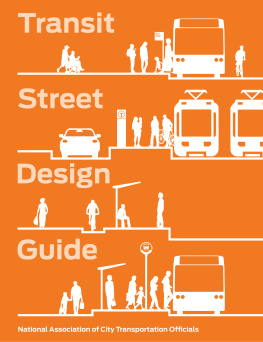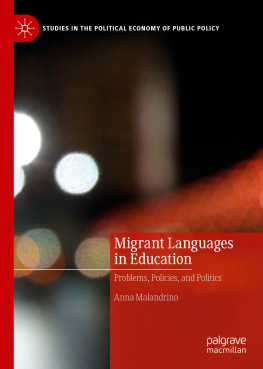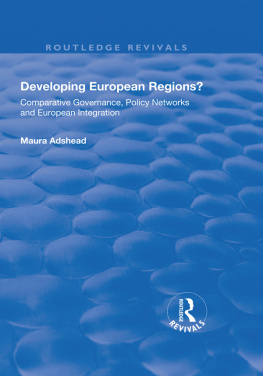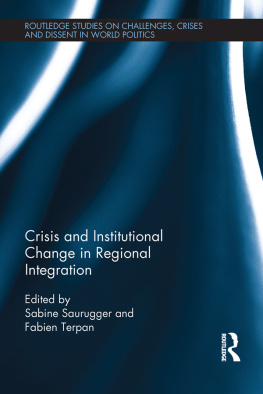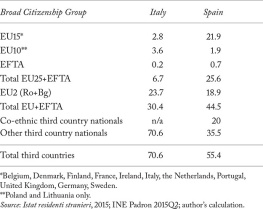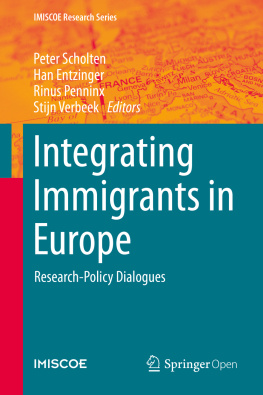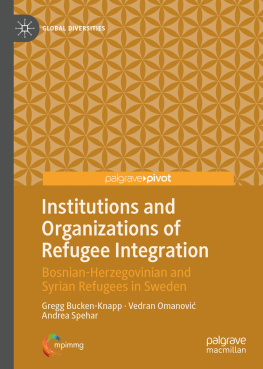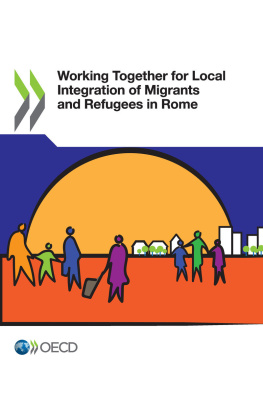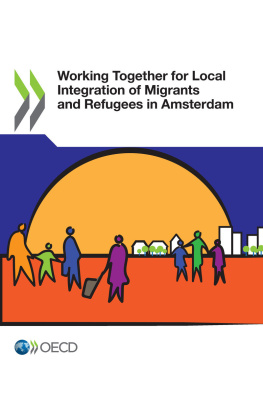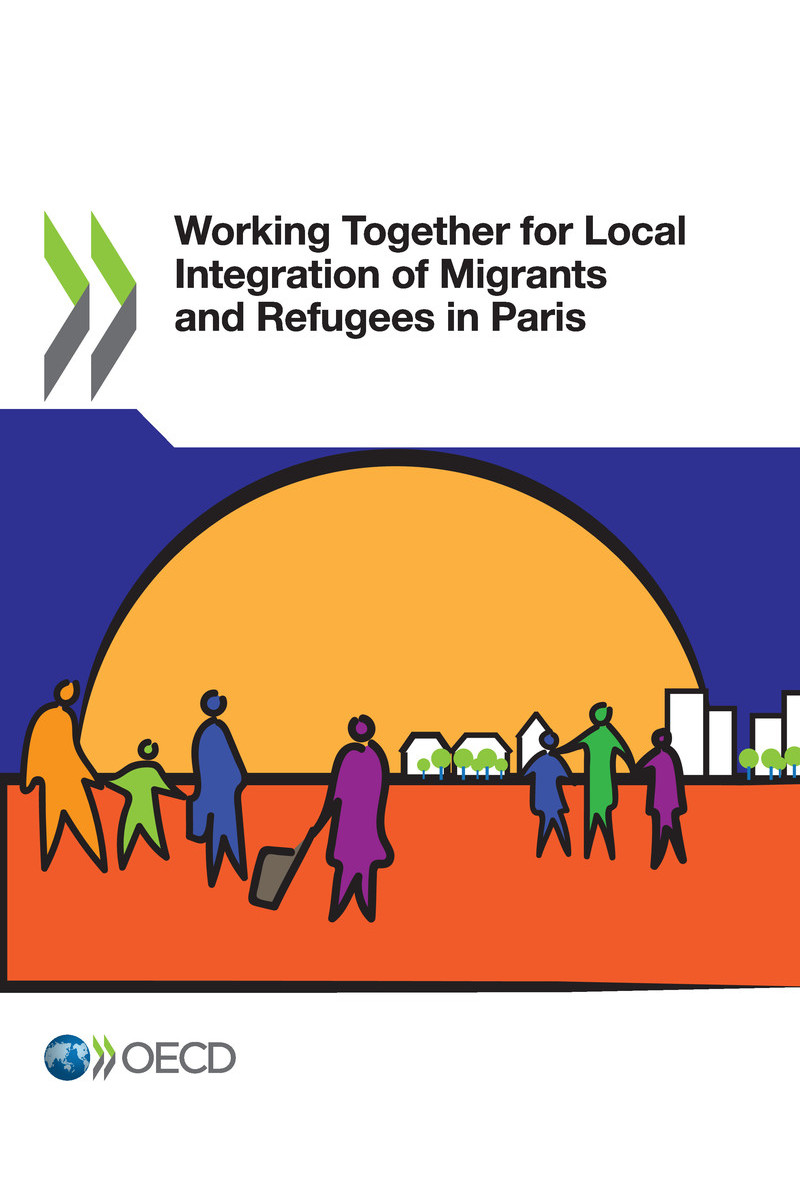Working Together for Local Integration of Migrants and Refugees in Paris
Please cite this publication as:
OECD (2018), Working Together for Local Integration of Migrants and Refugees in Paris , OECD Publishing, Paris.
https://doi.org/10.1787/9789264305861-en
Metadata, Legal and Rights
ISBN: 978-92-64-30585-4 (print) - 978-92-64-30586-1 (pdf)
DOI: https://doi.org/10.1787/9789264305861-en
This work is published under the responsibility of the Secretary-General of the OECD. The opinions expressed and arguments employed herein do not necessarily reflect the official views of OECD member countries.
This document, as well as any data and any map included herein, are without prejudice to the status of or sovereignty over any territory, to the delimitation of international frontiers and boundaries and to the name of any territory, city or area.
The statistical data for Israel are supplied by and under the responsibility of the relevant Israeli authorities. The use of such data by the OECD is without prejudice to the status of the Golan Heights, East Jerusalem and Israeli settlements in the West Bank under the terms of international law.
Photo credits: Marianne Colombani
Corrigenda to OECD publications may be found on line at: www.oecd.org/publishing/corrigenda .
OECD 2018
You can copy, download or print OECD content for your own use, and you can include excerpts from OECD publications, databases and multimedia products in your own documents, presentations, blogs, websites and teaching materials, provided that suitable acknowledgement of OECD as source and copyright owner is given. All requests for public or commercial use and translation rights should be submitted to .
Foreword
When it comes to migrant integration, the local level matters. Where migrants go and how they integrate into their new communities depends on the specific characteristics of cities and regions. Even though migration policies are the responsibility of the national government, the concentration of migrants in cities, and particularly in metropolitan areas, has an impact on the local demand for work, housing, goods and services that local authorities have to manage. Local authorities play a vital role in this integration. Cities can learn from each other and help provide local, regional, national and international policy makers and practitioners with better evidence for integration policy design.
This case study Working Together for Local Integration of Migrants and Refugees in Paris provides insight into the citys migrant integration trends and current situation. In order to do so, it applies the OECD Checklist for public action to migrant integration at the local level that is articulated around 4 blocks and 12 objectives. The four blocks cover: 1) institutional and financial settings; 2) time and proximity as keys for migrants and host communities to live together; 3) enabling conditions for policy formulation and implementation; and 4) sectoral policies related to integration: access to the labour market, housing, social welfare and health, and education.
This case study is part of a broader OECD-European Union project A territorial approach to migrant integration: The role of local authorities which addresses a critical gap in knowledge on migration issues by analysing the multi-level governance of local integration. The project takes stock of such multi-level governance frameworks and policies for migrant and refugee integration at the local level in nine large European cities: Amsterdam, Athens, Barcelona, Berlin, Glasgow, Gothenburg, Paris, Rome and Vienna and, thanks to the support of the German Ministry for Economic Affairs and Energy, a small city in Germany (Altena). It also builds on information collected from these and 61 other European cities, through an ad-hoc survey and a newly created and publicly available statistical database on migrant outcomes at regional level. The project looks at updates to the governance mechanisms that cities adopted in the wake of the influx of asylum seekers and refugees that concerned EU countries since 2015. Conversely, it also investigates opportunities to extend some of the services recently established for newcomers to long-standing migrant groups.
This and the other nine city case studies, along with the synthesis report Working Together for Local Integration of Migrants and Refugees, are outputs of this OECD European Union initiative contributing to the programme of work of the OECD Regional Development Policy Committee (RDPC) implemented by the Centre for Entrepreneurship, SMEs, Regions and Cities (CFE). They also contribute to the OECD Horizontal Project on Ensuring the effective integration of vulnerable migrant groups by focusing on improving the integration capacities of the local governments.
Acknowledgements
This publication Working Together for Local Integration of Migrants and Refugees in Paris was produced by the Centre for Entrepreneurship, SMEs, Regions and Cities (CFE) led by Lamia Kamal-Chaoui, Director. It is part of a wider project A territorial approach to migrant integration: The role of local authorities and an output of an OECD European Union initiative contributing to the programme of work of the OECDs Regional Development Policy Committee (RDPC).
Co-ordination of the wider project and this case study was led by Claire Charbit, Head of the Territorial Dialogue and Migration Unit in the Regional Development and Tourism Division managed by Alain Dupeyras, in CFE. This case study was drafted by Anna Piccinni, Maria Trulln Malaret and Gaetan Muller (OECD). It benefitted from substantial inputs made by Charlotte Demuijnck, Paola Proietti, Vivianne Spitzhofer, Lisanne Raderschall and Marcos Diaz-Ramirez (OECD). This case study also benefitted from the comments of other OECD directorates and in particular from Ccile Thoreau, International Migration Division of the Directorate for Employment, Labour and Social Affairs (ELS).
This case study has been developed thanks to the close collaboration of the municipality of Paris that provided the information and organised meetings for the OECD field work, as well as the support of the national government officials who provided information. The Secretariat would like to express its gratitude to all participants to the interviews (see Annex 1). In particular, the OECD thanks Dominique Versini, Deputy Mayor of Paris for Solidarity, the Fight Against Exclusion, Refugee Reception and Child Protection, for her ongoing support throughout the process of the case study as well as to Anne-Charlotte Leluc and Charlotte Schneider, members of her team.
The Secretariat is especially thankful for the financial contribution and the collaboration throughout the implementation of the project to the European Union Directorate-General for Regional and Urban Policy. In particular, the Secretariat would like to thank Andor Urmos for their guidance as well as for their substantive inputs to the revision of the case study.
Abbreviations and acronyms
ADA
Allocation pour demandeur dasile
APUR
Atelier parisien durbanisme
ARS
Agence rgionale de sant
CADA
Centre daccueil pour demandeurs dasile

